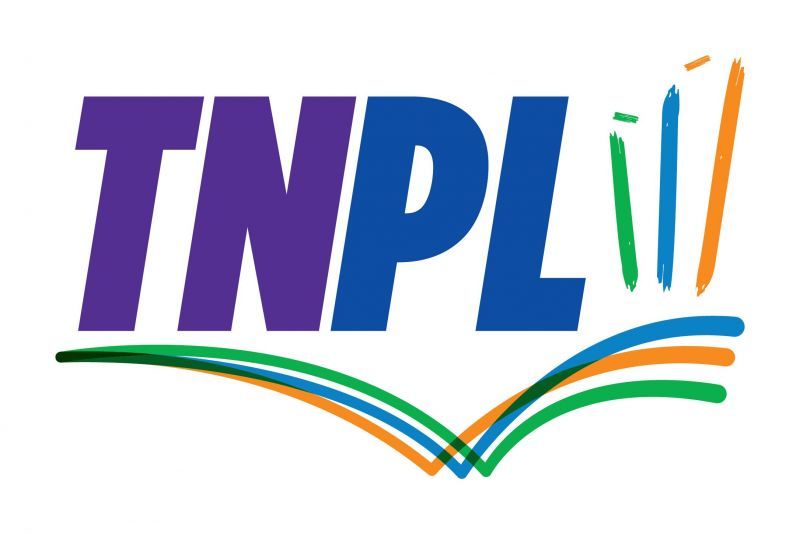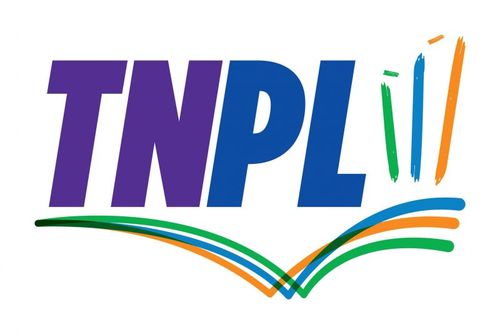
"No outstation players in TNPL," states Supreme Court

On the eve of its commencement, the third season of regional cricket tournament the Tamil Nadu Premier League has been hit by unforeseen controversy. According to a Supreme Court ruling announced today, players registered with cricket associations in regions outside Tamil Nadu will not be allowed to participate in the tournament.
A panel led by Chief Justice Dipak Misra, however, said that there will be no other alterations and all of the TNPL matches will be held in adherence with the pre-determined schedule as they have already approved by the Committee of Administrators (CoA) which has been overseeing the activities of the Board of Control for Cricket in India, that too as per a Supreme Court mandate.
Ranjit Kumar, the senior advocate appearing for TNPL in the occasion of the ruling, was of the opinion that cricketers should not be restricted from partaking in the tournament if they manage to submit No Objection Certificates provided by the respective state cricket associations they are contracted or registered with.
In opposition to that, Parag Tripathi, the senior advocate representing CoA, countered the submission by referring to the draft constitution of the BCCI, which prevented players from outside participating in a state tournament.
The rigidity in the constitution of the sides seems rather medieval in an age when cricket is trying to diversify itself as a sport and the best way to do it is an expansion of participation barring all regional boundaries. This is a requirement particularly necessary for the sport's growth and survival in South India, where despite a strong cricketing history, youth interest seems to be invested more in football.
Earlier, TNPL franchises, in mutual agreement with each other and the directing committee of the tournament had decided to allow each side play a maximum of two outstation players. The proposal was discussed during BCCI's SGM on June 22 but the meeting was deemed invalid by the CoA which had clearly communicated to the board officials of the league to not execute any rulings passed during the meeting.